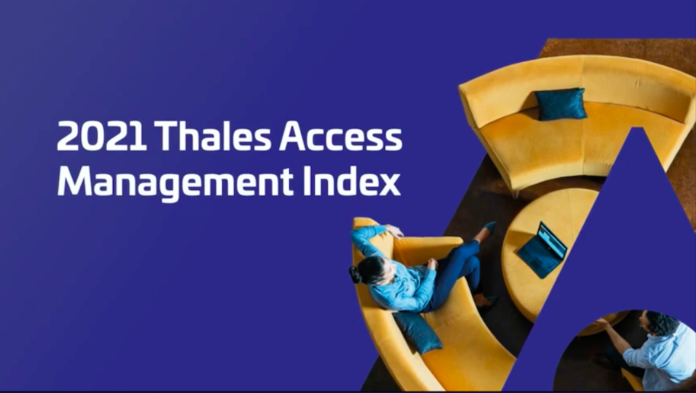COVID-19 quickly ushered in the era of remote work, introducing new risks that IT professionals are struggling to manage with existing security tools, according to a new Thales study.
The 2021 Thales Access Management Index conducted by 451 Research, part of S&P Global Market Intelligence, covered 2,600 IT decision makers.
The survey found the pandemic’s effects have pushed organisations to adopt modern security strategies like Zero Trust to support the demands of a more mobile and remote workforce.
When asked about the technologies that were in place, VPN was the most common, with 60% of IT professionals saying so. Virtual Desktop Infrastructure, cloud-based access and Zero Trust network access/software defined perimeter (ZTNA/SDP) closely followed.
However, when asked what new access technologies respondents were planning to deploy due to the pandemic, nearly half (44%) indicated ZTNA/SDP was the top technology choice.
Thales also found that nearly 40% expect to replace their VPN with ZTNA/SDP, while 38% expect to move to a multi-factor authentication (MFA) solution.
This confirms the need for more modern, sophisticated authentication capabilities is driving change in many organisations and is perceived as a key enabler of Zero Trust security.
“One of the core barriers businesses face when starting their Zero Trust journey is the balance between locking down access without interrupting workflow,” said Francois Lasnier, VP of Access Management solutions at Thales.
“People require access to sensitive data in order to work and collaborate and business leaders will need to ensure that a drop in productivity doesn’t become an unwanted side effect,” said Lasnier.
Less than a third (30%) of the respondents claim to have a formal strategy and have actively embraced a Zero Trust policy. Additionally, almost half (45%) are either planning, researching or considering a Zero Trust strategy.
Also, less than a third (32%) of the respondents indicated that Zero Trust shapes their cloud security strategy to a great extent.
Still, 55% of respondents currently have adopted two-factor authentication within their organisations.
Remote access users are still the main use case for MFA adoption (71%). One-third of respondents that have adopted MFA use more than three different authentication tools, signaling the need for a more unified approach to access management in the future.
















